Amongst the football fraternity of our time, he was a very good, simple, humble and generous leader. We loved him. Let me tell you why.
To start with, it will be a great disservice not to pay a special tribute to Alhaji Shehu Shagari, civilian President of the Federal Republic of Nigeria from 1979 to 1983. He passed on last week in Abuja and has been buried. Ordinarily, members of the footballers’ fraternity, in particular, should have been to Sokoto to pay our respect to his family. He was the first leader in our country’s history to recognize, appreciate and reward sacrifice and service by young athletes who gave up their comfort and their lives in meritoriously serving our country in the field of sports.
Let me recall a Christmas period when Shehu Shagari was president. All Nigerians had followed with excitement the invitation of players to the country’s national team, the Green Eagles, and how they were sent on a training program to Brazil several months ahead of the 1980 African Cup of Nations to be hosted by Nigeria. It was always an honour to be invited to represent one’s country in sport. But we all knew that in sports there would be no gain without more than ample pain. We had to do everything better, harder, longer, and faster than the opposition in order to earn the right to be victorious. So, we worked harder than we had ever done before at training whilst in Brazil. Little did we know that one of the prices we had to pay for winning the African Cup of Nations in 1980, apart from the physical toll of endless training, day after day, in ‘thunder, lightning or in rain was the simple task of spending Christmas and the end of that year, 1979, in a ‘prison’ of a camp in Brazil. We had been in Brazil for almost two months. The excitement of being in that exotic country, home of the best brand of football in the world at that point in time, and of receiving a totally different kind of football lessons under Brazilian coaches, had beclouded our expectations until Christmas suddenly came upon us like a thief in the dark, totally unaware.
We would be spending the usually most celebratory period of festivities in Nigeria, far away from our friends and families, in the desolation of CEFAN. CEFAN was our camp, a secluded military base in the city of Rio De Janeiro. The camp was usually a beehive of activities with athletes arriving and going from different parts of the world using the excellent facilities of the cantonment for concentrated training in preparation for major sports events. Life was manageable and sometimes interesting with the turnover of other athletes often staying for a few days or weeks at the most before moving on, unlike the months on end that we were spending there like landlords of the place. Then came Christmas of 1979. The camp became a deserted place. Everyone had left. Even the cooks and the cleaners in the camp wanted to leave to spend time with their families. The camp was a no-go area to visitors. Even if we had friends (and we had none) they could not visit us. The only form of entertainment was a single television set in a common room with channels that showed only programmes in the Portuguese language that we could not understand. The world, then, was without Internet or mobile phones to break the monotony of the place and to keep us in touch with home. One day, shortly before Christmas, officials of the National Sports Commission, led by Mr Isaac Akioye, came on a visit from Nigeria and realized just how bad our situation was. The highlight was Kadiri Ikhana pretending that he was sick. He remained in bed that morning, refusing to eat, drink, train, or even to be treated by our doctor. He claimed he had an affliction that only traditional ‘doctors’ back in Benin City could handle. He wanted to be sent to Nigeria immediately, or he would die! Some of the players knew what he was about, of course, and a few others soon dramatically joined him in the agitation to return to Nigeria. It was all about missing home! We were the only souls left in that huge complex.
Fueled by loneliness and missing all the excitement of life in Nigeria at Christmas, we were at our tethers end. Leaving family and friends was, indeed, a big sacrifice to make, I tell you. Until you experience a simple thing such as that you would never know. We did. Unfortunately, we had no option but to remain and to spend the worst Christmas and New Year period of our lives in Rio De Janeiro. At a point during the period, even the coaches and camp commandants turned their eyes the other way, allowing many of us to sneak out of the camp into the city centre to catch what became very essential fun. Beyond that, the football training regimen was grinding as we travelled around Brazil playing friendly matches and training even more. By the time we returned to Nigeria towards the end of January 1980, none of us had even one ounce of fat left in our now well-toned bodies, physically perfect and ready to roll. Our style of football had changed dramatically for good, forever. We had left behind in Brazil our previous British style, kick-and-follow brand of football that was our origins, and had adopted the tip tap, Jogo bonito, running and passing style of Brazilian football that became the turning point for advancement of Nigerian football.
In March of 1980, our work and sacrifices paid off. We played, conquered the rest of Africa and won the African Cup of Nations for the first time in Nigeria’s history. President Shehu Shagari had been briefed about us by Paulinus Amadike, the Minister of Youth and Sports, on our preparations, the pains we bore and the sacrifices we made to serve our country. He followed all the matches we played up to the final match on March 22, 1980. On that night, the president was physically present at the stadium. His presence was a great morale booster. We went on to the field, soared like Eagles and won the coveted cup. We considered him our lucky charm. Pictures of him on his feet after every goal we scored, of him clapping and waving at the sea of humanity that thronged the National Stadium that night, have remained etched forever on our minds. He also handed over the coveted trophy to our captain Christian Chukwu and gave me a big bear hug for my role after the match. A few days after that victory he hosted us to a banquet in the State House in Lagos. That night he awarded every member of that team the national honour of Member of the Order of the Niger, MON, a recognition being bestowed on athletes for the first time in Nigeria’s history. That night also, he made a pronouncement that every one of the 22 players in the squad would be gifted a flat by the federal government in Festac Town, Lagos, as the reward for their sacrifice and hard work. Both rewards were unprecedented in Nigeria’s history. Looking back now, if people knew what the players, as well as other athletes, usually went through in preparing for major international competitions, they would have a better appreciation of why the government should always appreciate and reward deserving athletes that make untold and usually unknown sacrifices in the course of representing and serving their country. Our experiences in CEFAN, in 1979, underline that fact. For all of us that received the gift of houses then, Shehu Shagari remains our great political hero. That tradition of ‘excel and be rewarded’ that he established in 1980 has sustained in one form or the other till now. On behalf of all generations of Nigerian athletes, I say ‘thank you’ to Alhaji Shehu Shagari as we console his family and bid him farewell on his return journey to his Creator.
Rest peacefully, our beloved President.
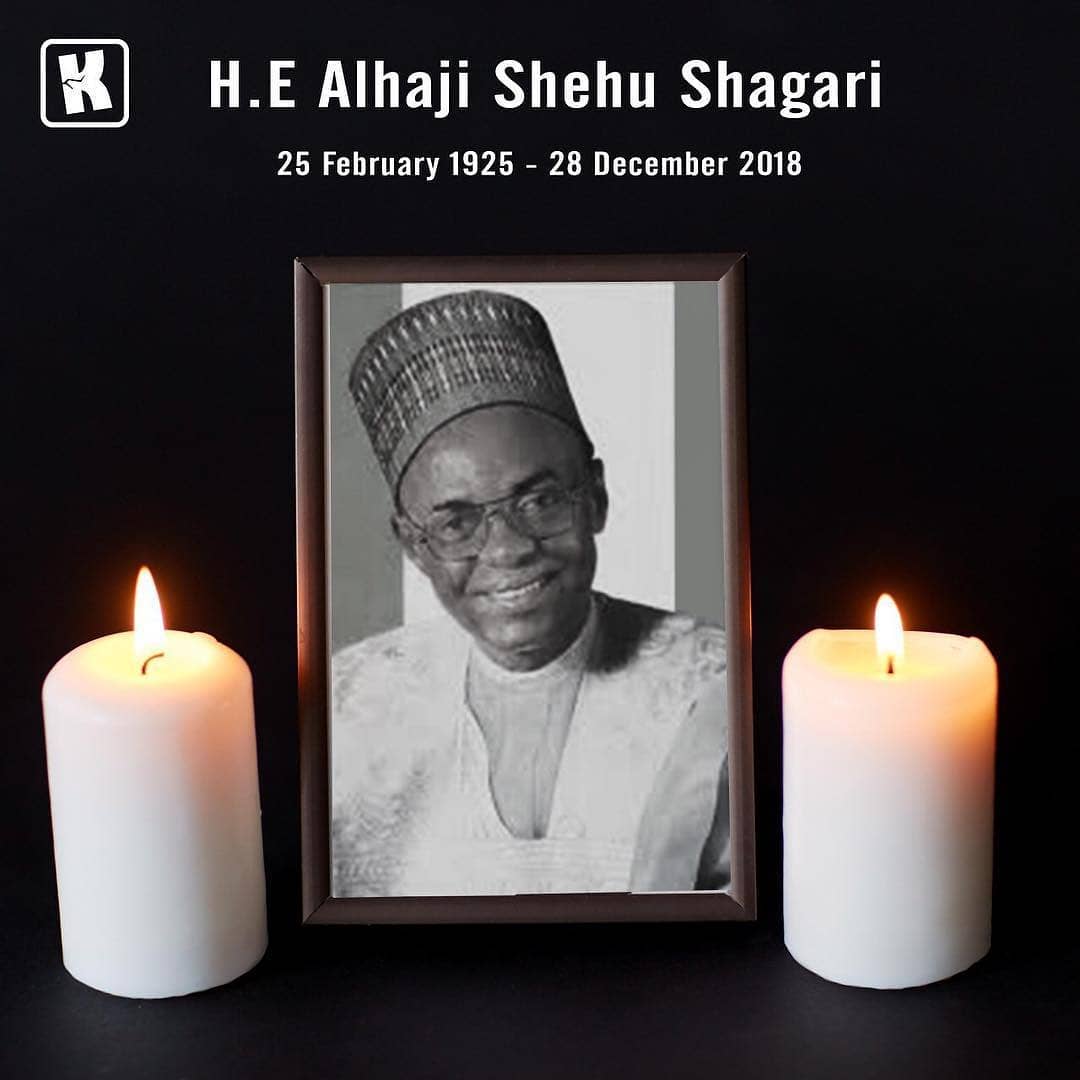
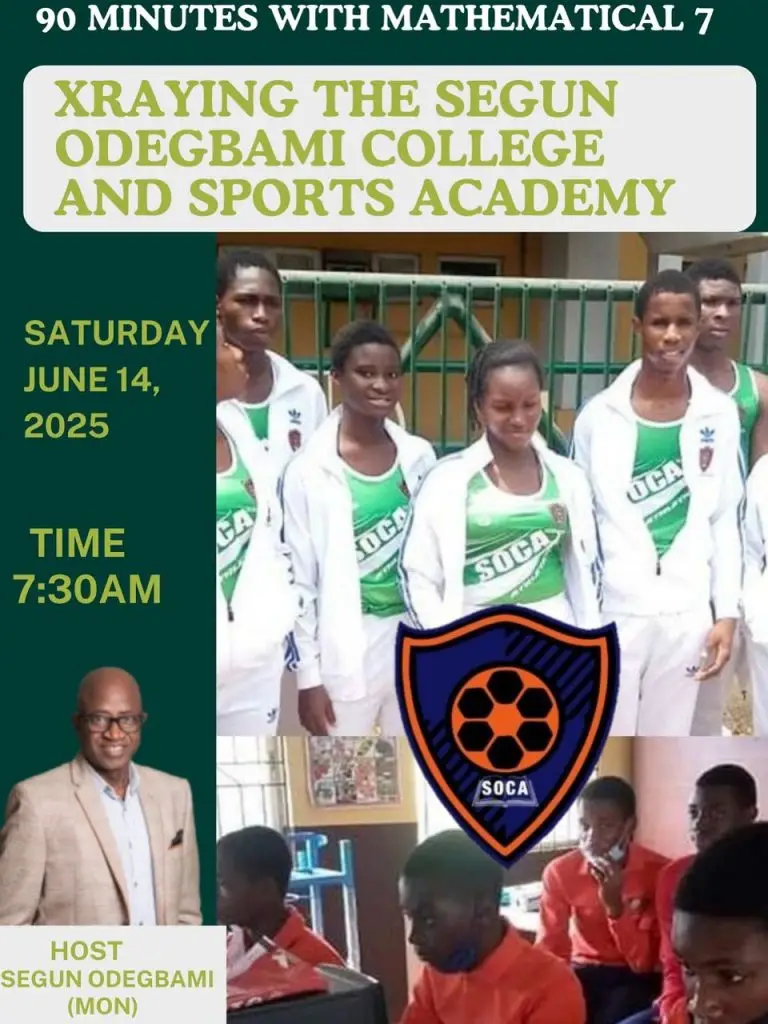
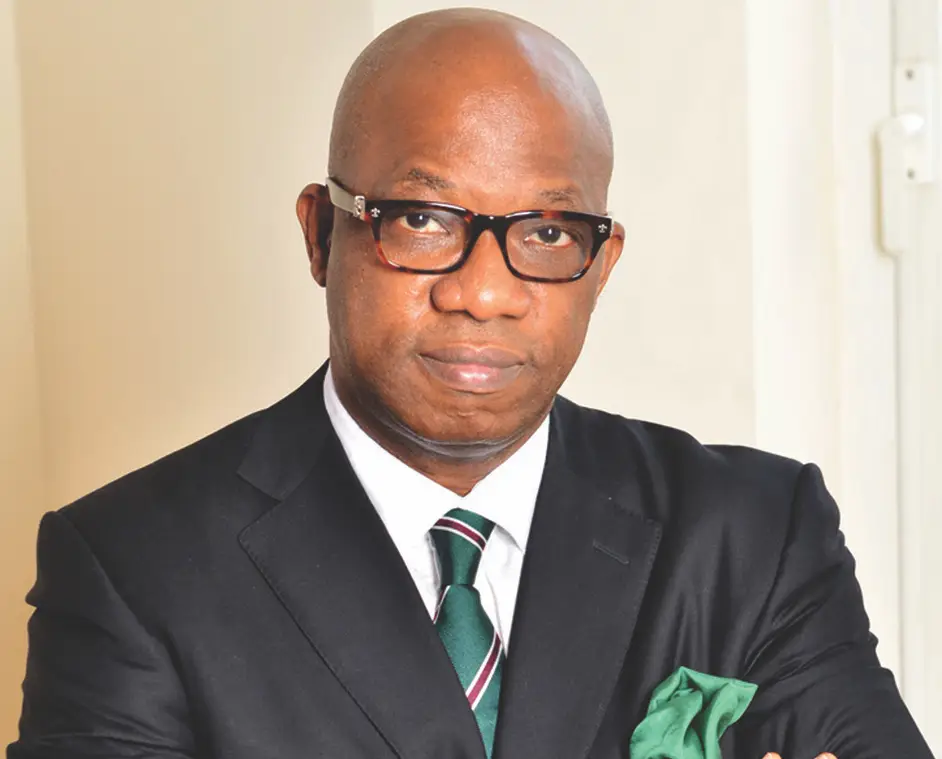
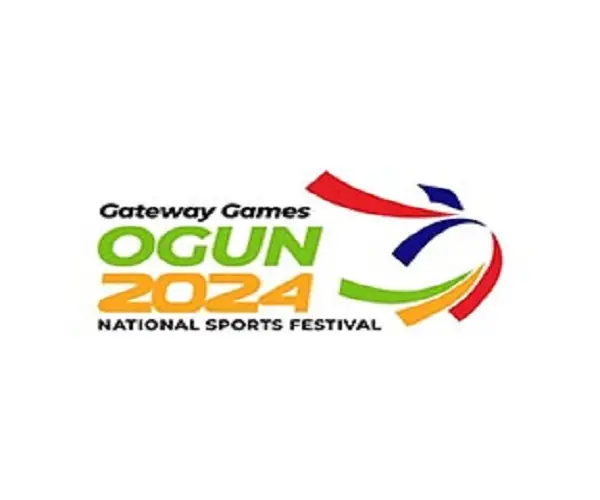
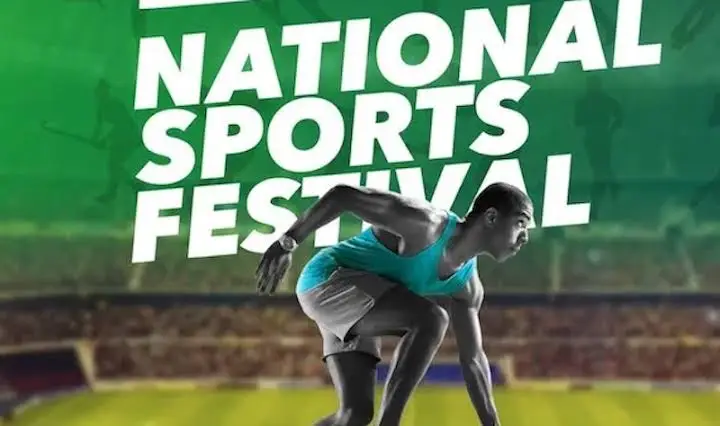
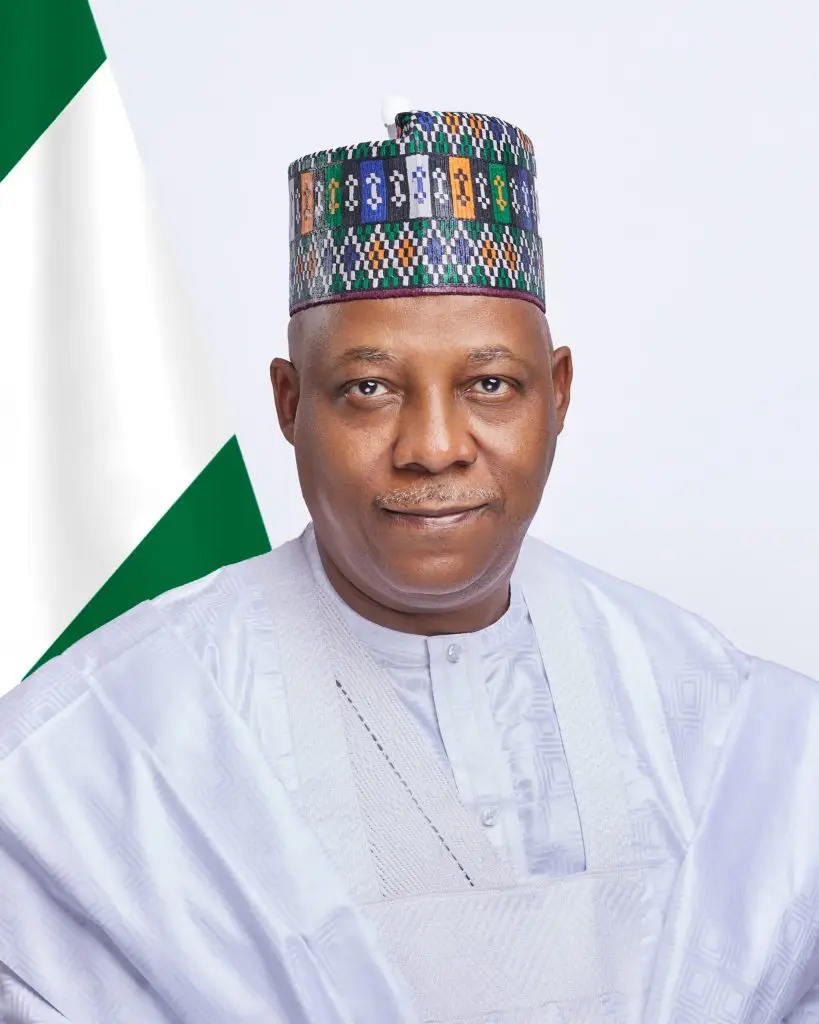



Latest Comments